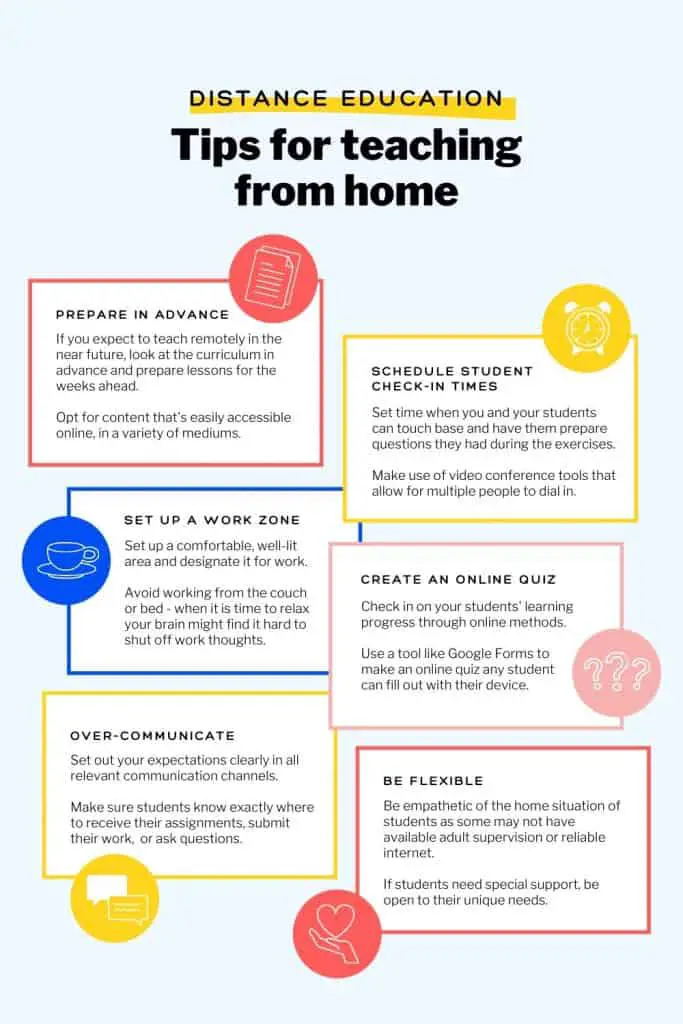Your children’s education is incredibly important, and there are so many things to consider when deciding whether or not to homeschool your kids. After all, you want to give your kids the best education that you can.
First-time homeschooling moms- you must remember that you’ll be in charge of academics, physical and social skills, field trips, sports, music, and so much more.
How can you create a well-rounded homeschool program that gives your children the most benefits that you can?
These tips will help you create a successful homeschooling program that works for you and your children:
1. Research homeschooling
Read everything you can about the different curriculums that are available. Talk to other homeschooling parents, as well as their homeschooled kids, and learn from their experience.
If you’re a reader- these books were immensely helpful when I started my journey:
Homeschooling 101: A Guide to Getting Started
The Ultimate Book of Homeschooling Ideas: 500+ Fun and Creative Learning Activities for Kids Ages 3-12
Homeschooling: You CAN Do It!: Eliminate self-doubt and get the clarity, confidence, and skills you need to successfully teach your children from home
101 Top Picks for Homeschool Curriculum
The A+ Homeschool Planner: Plan, Record, and Celebrate Each Child’s Progress
2. Find out the homeschooling requirements for your area
Homeschooling laws and requirements vary from location to location.
For example, in the United States, each state sets its own requirements for homeschooling. Some states require attendance records, as well as reports and standardized tests. Other states require little.
Germany and several other countries have completely banned homeschooling. So, be sure to do your research!
An excellent place to start is HSLDA.
HSLDA is a non-profit organization that helps homeschooling families. If your children are under 5, you can obtain a FREE membership! Otherwise, they offer a monthly or yearly membership that is certainly worth it.
3. Join a local homeschooling group
One of the best places to find out information about homeschooling is from homeschoolers themselves. You will be able to ask them questions, review your practices, and show you what works for them.
You can also learn what age-appropriate activities are available and how the other parents make subjects available to their kids that they don’t have expertise in, such as a foreign language or playing a musical instrument.
Many local homeschooling groups have arranged all sorts of things for the kids, including field trips, sports teams, and even competitions.
4. Decide on a curriculum
There are various places online where you can buy a curriculum to use at home. These will vary from traditional textbooks and workbooks for reading, writing, and arithmetic, to more custom curriculum that is aimed more at your own child’s interests.
For kids in elementary school: These are some of my favorite FREE homeschooling program and curriculum websites:
Easy Peasy All-in-One Homeschool
This is a complete curriculum from Pre-k to High School and is completely FREE. I highly recommend starting here.
Core Knowledge
This curriculum focuses on the Core Knowledge Series and supports Common Core State Standards.
Khan Academy
This site has over 4600 online videos in all subjects!
There are countless resources available online. However, these are my go-to. You know, the reputable ones that have backed users and an easy to navigate website. (not something that looks like it was designed in the ’90s. Just sayin’)
5. Create your own space for homeschooling
Where are you going to be schooling your children? Will you be using the kitchen table, or do you have a spare room available for homeschooling? Do you need a blackboard or a desk? What about a computer or space for storage?
Whatever you decide, give yourself permission to make this space your own; One that will be comfortable for your family. I never recommend moms attempt to recreate the school setting in your home. It’s completely unnecessary. Now, by all means, if thats what you fancy, then go for it. However, from what I’ve seen, moms do this to try and recreate the school culture. BUT, this won’t and shouldn’t work. Your home is YOUR HOME, not school, so adapt, test, and find what works!
6. Set specific goals
It is essential when homeschooling to set specific goals. This is because you will likely be moving at a different pace to those in traditional schooling. You’ll want to ensure that your child is learning as much as the other children of the same age.
7. Create your schedule
Once you’ve thought about your child’s goals, it’s time to create a schedule that supports those goals. Make a plan of what subjects you are planning to do each day, and whether there will be any field trips.
Also, include time in your children’s schedule for physical activity, socializing, and making friends. Extracurricular activities are essential. So are social skills.
Networking with other parents will help keep you in the loop about what activities are available for your child.
Even though you’ve made a plan, remember that you’re allowed to be flexible. That’s one of the benefits of homeschooling.
8. Ensure that your child doesn’t become isolated
Spending all day with you may seem like a dream, but your child may think differently. They need friends of their own age, so allow them to be kids too.
Homeschooling isn’t suitable for all children or all parents, but if you are homeschooling, keep these tips in mind when deciding on the best program for your kids.
